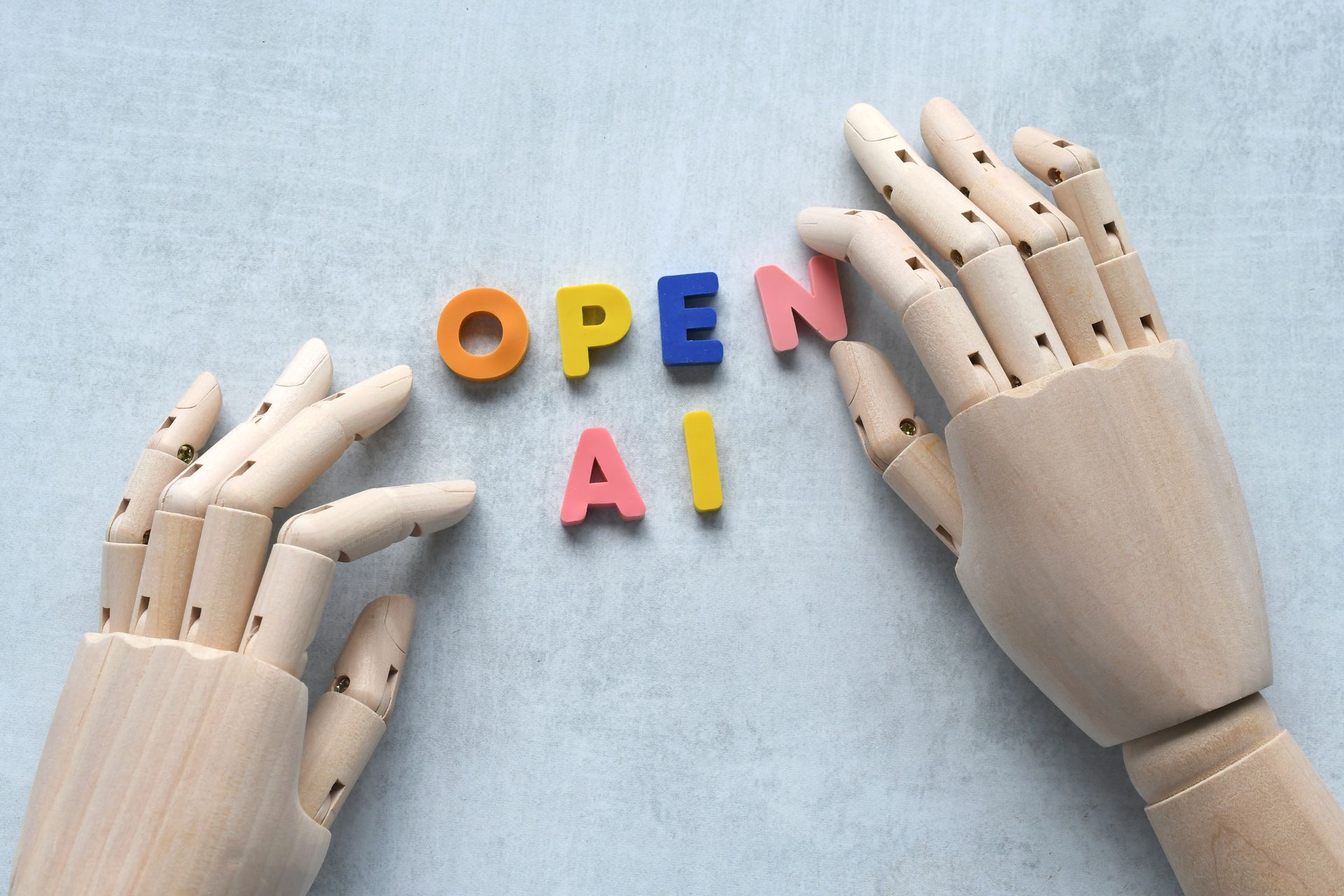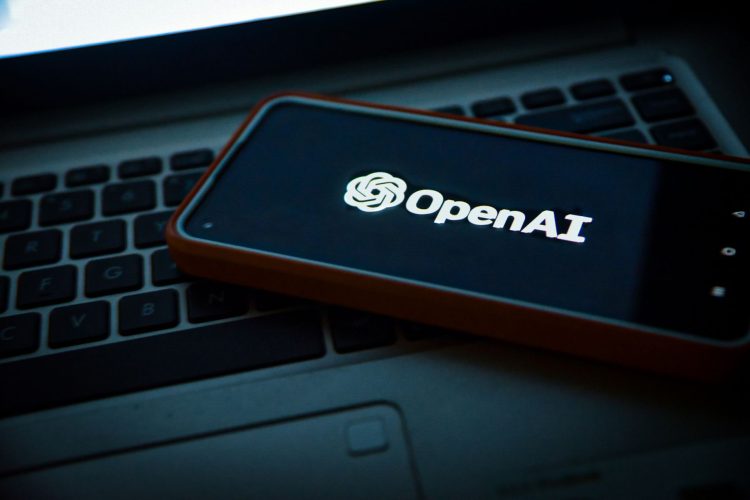- OpenAI Voice Engine opens up new possibilities by showing how quickly AI can learn to mimic the human voice
- While voice cloning could revolutionize communication and accessibility, it also carries significant risks, such as fraud and misinformation
- The development of voice cloning highlights the urgent need to address ethical challenges and prevent the misuse of powerful AI technology
- The way voice cloning develops and is regulated will shape how we interact with technology and information
With OpenAI Voice Engine, you can now clone your speech recordings. Thanks to a new model from the artificial intelligence company OpenAI, you can now clone your conversations to artificial intelligence.
The model, which can imitate the human voice with a 15-second sound sample, offers the potential to be used in many different fields. Here are all the details…
What is OpenAI Voice Engine?
OpenAI’s blog page shows that this model can imitate your voice with a 15-second sound sample. Many useful applications come to mind, such as reading assistance for the visually impaired or those with reading difficulties, translation and dubbing for speakers of different languages, and communication for those with speech difficulties. It can also provide new tools for content creators and open up new research opportunities in areas such as language learning and speech therapy.
However, I want to discuss this technology’s ethical and legal concerns: the risk of fraud, identity theft, misinformation, and disinformation, as well as the creation of deepfake videos through voice cloning. OpenAI understands these concerns and continues to work on them.

The advancement of voice cloning technology with the OpenAI Voice Engine raises many questions. How to control and protect such powerful artificial intelligence models and protect them from misuse will be an important issue to consider in the coming years.
By the way, you can find sample audio recordings on the blog.
How does the OpenAI Voice Engine work?
The working principle of Voice Engine is quite simple. First, you upload a recording of the voice you want to clone. Then, artificial intelligence analyzes this recording and learns the tone, rhythm, accent, and other voice characteristics. Based on this information, it produces a synthetic voice that sounds very similar to the original voice.
The possibilities offered by Voice Engine are quite wide. You can use this technology to voice texts without needing a voice actor, create personalized voice messages, or even clone your voice for entertainment purposes.

However, as I mentioned above, the Voice Engine is not without its potential dangers. Synthetic voices can be used in many fraudulent activities, such as phone scams, identity theft, misinformation, and disinformation. For this reason, OpenAI plans to consult “authorities and experts” before making the Voice Engine public.
OpenAI’s Voice Engine could be a turning point in voice technology. Seeing how the new model develops in the coming years will be exciting.
Featured image credit: Levart_Photographer / Unsplash





